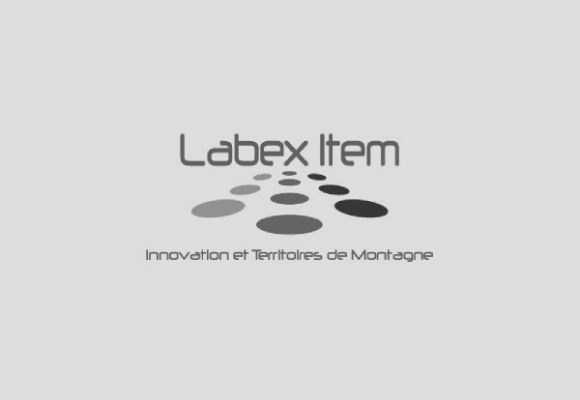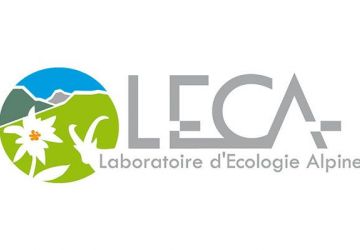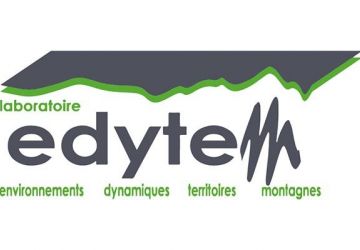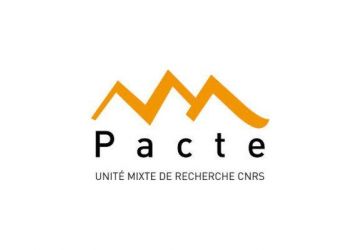Projet de recherche
Adaptive trajectories of the Upper Valley of the Romanche
Du 01/07/2016 au 30/06/2018

The project takes place in the context of the crisis the upper Romanche get through since the closing of their main communication road. The 10th of April 2015, the road that connects Bourg d’Oisans to Briançon has been closed following an increase in the geological instability around the Chambon tunnel. After more than 3 months of uncertainty regarding the physical characteristics of the landslide and the work to be undertaken, the decision was made of a long-term need of closure, to build a new tunnel that will be delivered at the soonest late 2016. This “surprise” event has considerable economic and social consequences at the local and regional scale. The situation also entails tensions between local population and decision makers at the regional scale.
Based on a reflection on territorial vulnerability, the ambition of the project is to establish a collaborative action-research project to analyze and accompany the process of territorial change and adaptation. The aim is to understand, in the current context of crisis, the characteristics of vulnerability: (1) as it is perceived and experienced by the population and (2) as it is described in the documents, especially the institutional ones in charge of assessing the damages and the reparations induced by the closing of the road. In a broader scope the project propose to study the conditions that prepared the risk and their resulting adaptive changes.
The originality of this project is to articulate (1) theoretical challenges around the questions: “how to think territorial systems (in their material, living and social components) and their transformations?”, “Which conceptual tools do we have/do we need?”; and (2) applied research challenges around the questions: « What are the contributions of the knowledge produced from the analysis of a territory on this territory itself ? or: “What to do of this knowledge with the stakeholders of the territory?”.
In theoretical terms, the project proposes to test 2 approaches of the territorial systems. One approach considers the system as stable, being potentially affected by events whose potential of disorder makes the system enter into crisis. It consequently induces a process of change that leads “sooner or later” to a new stable state, and so on. The other approach considers the system not as having a determined form and content (the system does not have an identity or substantial properties), but as a process of permanent changes, primarily and continuously driven by “silent transformations” (and not by isolated disruptive events).
In terms of applied research, the project proposes to explore a collaborative form of research, a shared process rather than an asymmetric one. It is about conducting together (professional researchers, policy and economic decision makers, activists, ordinary actors, and so on) investigations on what is happening here and now on the territory and on what the potential futures are.
The project proposes:
- to analyze, from a global and systemic perspective, how the “territorial vulnerability” has been built in its social, economic and environmental dimensions (semi-directive interviews, literature review, temporal framing)
- to build, through a participatory approach, a set of territorial visions, revealing desired futures and futures to be avoided (participatory workshops, development of prospective scenarii)
- to begin a work of systemic modeling to reveal critical decisions points and ecological, social and economic tipping points, showing the alternative trajectories that lead to the different visions of the future territory.
LabEx ITEM awards a maximum budget of € 10 000 spread over the total duration of the project as a budget revised annually.
Institutions partenaires

Laboratoire d’Écologie Alpine (UMR 5553)
Partenariat scientifique

Environnements, Dynamiques et Territoires de la Montagne (UMR 5204)
Partenariat scientifique

Politiques Publiques – Action politique – Territoires (UMR 5194)
Porteur du projet

 Facebook
Facebook Forward
Forward Google+
Google+ LinkedIn
LinkedIn Twitter
Twitter






